The interdisciplinary doctoral program in public affairs at UCF was established in 1998 and is based at UCF Downtown in the heart of downtown Orlando. Situated in the School of Public Administration, the doctoral program features representation from public administration, social work, health management, criminal justice, governance and urban education. The program prepares students for academic appointments in colleges and universities as well as research and leadership positions in public, nonprofit and private agencies. The dynamic mix of an interdisciplinary faculty with students from varied backgrounds creates a stimulating environment to examine many of the contemporary social ills communities are currently facing.
The program includes a distinguished group of faculty members who are interested in fostering collaborative and transdisciplinary perspectives to solve societal issues and problems. As a global program, the doctorate in public affairs has produced more than 30 international graduates from countries such as China, South Korea, Turkey, Saudi Arabia, Armenia, South Africa, Taiwan and Ethiopia.
Contact Us
Department Office
Dr. Phillips Academic Commons (DPAC), Suite 446
Academic Program Coordinator
Staci Zavattaro
Where Do Our Graduates Work?
Graduates of UCF's doctoral program in public affairs go on to work in a variety of industries.
13%
7%
53%
10%
17%
Program Details
Full-time students enroll in nine hours per semester and part-time students enroll in six hours per semester. All courses are offered face-to-face during the evenings from 6:00 to 8:50 p.m. Students may vary their plan of study to move from full-time to part-time or vice versa, if necessary.
The 57-credit doctoral curriculum comprises multiple core competencies designed to train next-generation scholars and practitioners to study social problems and to effectively communicate with academic- and practitioner-based constituencies. Domains such as critical and analytical thinking, research methods and statistics, leadership and engagement, and communication and dissemination encapsulate this approach. By diverging from classical approaches typically embodied within a single academic field, which feature only a single set of theories, traditions and examples, the interdisciplinary public affairs orientation encourages broader and more innovative strategies, partnerships and impacts. For more information, please visit the graduate catalog.
UCF has several funding resources to help doctoral students fund their education, such as assistantships, fellowships and student loans. Additionally the College of Community Innovation and Education offers various scholarships to support graduate students.

Student Spotlights
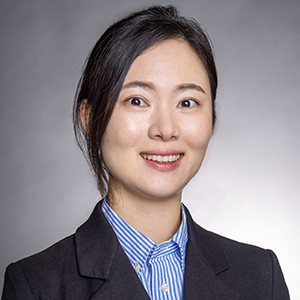
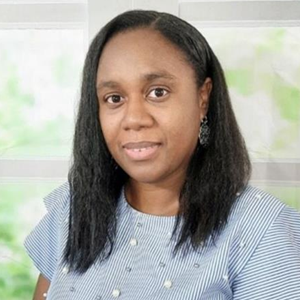
Ruthnande Kessa, Ph.D. specializes in natural disaster preparedness, risk analysis, and social equity. Her research aims to address challenges faced by vulnerable populations in disasters, promoting inclusivity and community resilience. She seeks collaboration opportunities to inform policies and enhance disaster preparedness for marginalized communities. An American Society for Public Administration (ASPA) Founders Fellow and the Vice President of Graduate Students for the Central Florida ASPA chapter, she has presented research at conferences such as the Southeastern Conference for Public Administration and the Association for Research on Nonprofit Organizations and Voluntary Action. She holds a master's degree in public administration and a bachelor's degree in environmental studies and policy, both from the University of Wisconsin Oshkosh. She has accepted a job as a tenure-track assistant professor at Tennessee State University.
No Photo Available
College of Community Innovation and Education Faculty
-
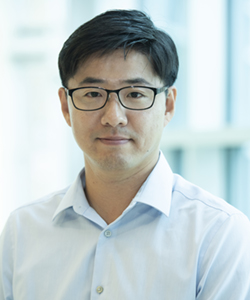
Seongho An, Ph.D.
Assistant Professor -
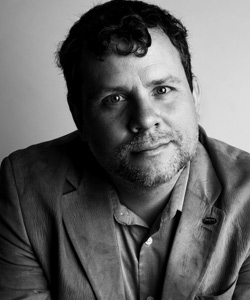
Thomas Bryer, Ph.D.
Professor -
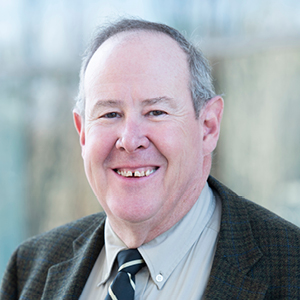
Doug Goodman, Ph.D.
Professor and School Director -
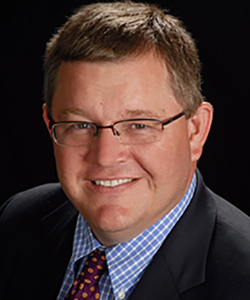
Jeremy Hall, Ph.D.
Professor -
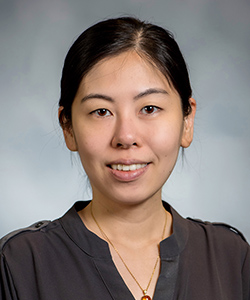
Xi Huang, Ph.D.
Assistant Professor -
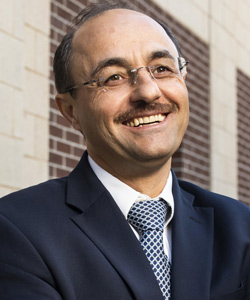
Naim Kapucu, Ph.D.
Pegasus Professor and Interim Associate Dean, Research and Innovation -
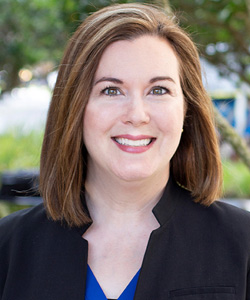
Claire Knox, Ph.D.
Professor and Emergency Management Academic Program Coordinator -
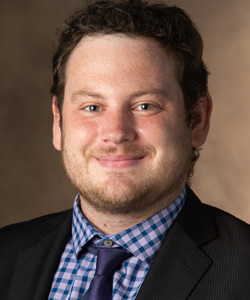
Andrew Sullivan, Ph.D.
Assistant Professor -
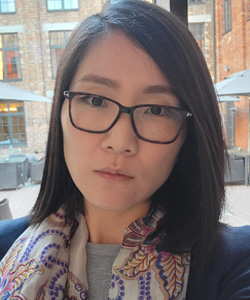
Jungwon Yeo, Ph.D.
Associate Professor -
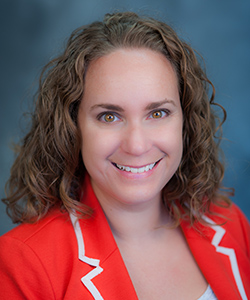
Staci Zavattaro, Ph.D.
Professor and Public Affairs PhD Academic Program Coordinator
